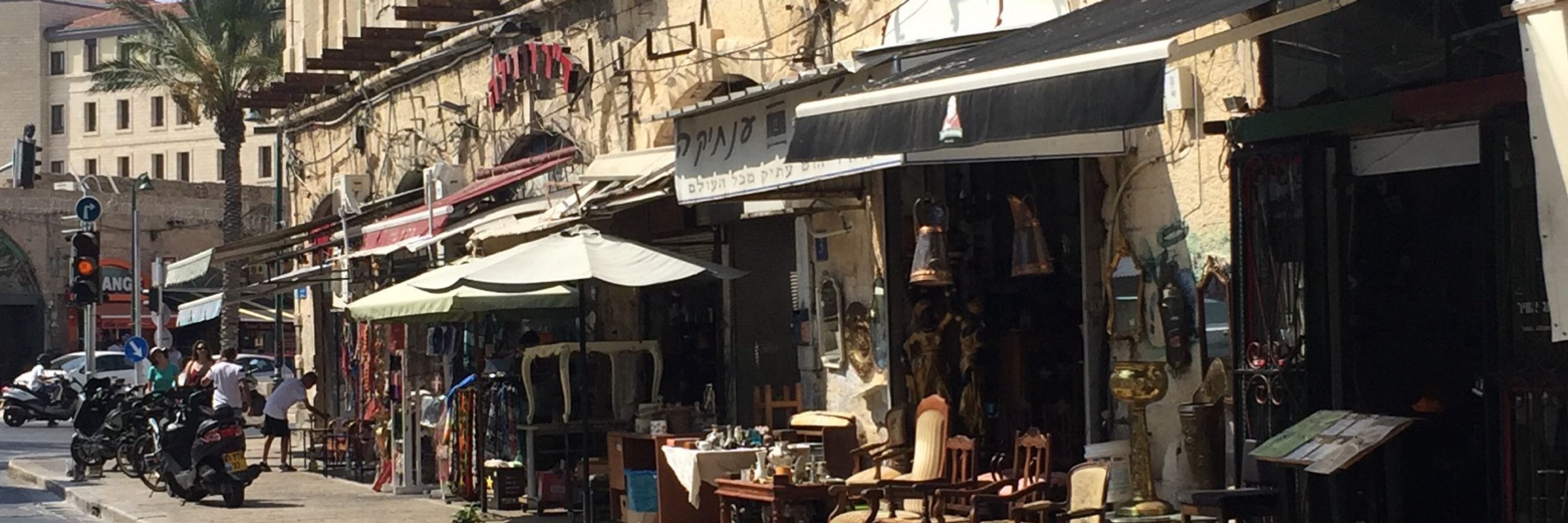Armin Küchler
@kuechler.bsky.social
40 followers
80 following
11 posts
Research Associate @ Uni Bielefeld focusing on Radicalization, Extremism, and Migration Dynamics
Posts
Media
Videos
Starter Packs
Armin Küchler
@kuechler.bsky.social
· Feb 28
Armin Küchler
@kuechler.bsky.social
· Feb 28

Vom Glauben zur Radikalisierung: Eine empirische Analyse des Zusammenspiels von Radikalisierungsanfälligkeit, religiösem Fundamentalismus und der Akzeptanz von Gesetzesverstößen und Gewalt - Zeitschri...
The complexity of the drivers of radicalization and their impact on the propensity to commit lawbreaking and violence is of significant importance for the social fabric in Germany, Europe, and globall...
link.springer.com
Armin Küchler
@kuechler.bsky.social
· Sep 7

Hiding the Hate—Contextual Effects on Hate Crime Reports
This study examines the influence of local norm shifts driven by white supremacist ideology on hate crime reporting by US law enforcement agencies. Results show a substantial association, indicating a...
doi.org
Armin Küchler
@kuechler.bsky.social
· Jul 26
Armin Küchler
@kuechler.bsky.social
· Jul 26

Prevention of Neighborhood Effects on the Susceptibility to Radicalization: Results of a Comparative Study in Germany - Sebastian Kurtenbach, Armin Küchler, Andreas Zick, 2024
This study examines whether the neighborhood effect on vulnerability to radicalization can be mitigated by the density and diversity of social service organizat...
doi.org
Armin Küchler
@kuechler.bsky.social
· Mar 7
Armin Küchler
@kuechler.bsky.social
· Mar 7
Armin Küchler
@kuechler.bsky.social
· Mar 7





